After applying augmented reality as a solution for the sale and marketing of sneakers, Nike is taking the next step in its adoption of AR to improve the customer experience.
On Thursday, Nike unveiled its new Nike Fit tool, which the company is preparing to add to its existing mobile apps for iOS and Android, as well as its retail stores.
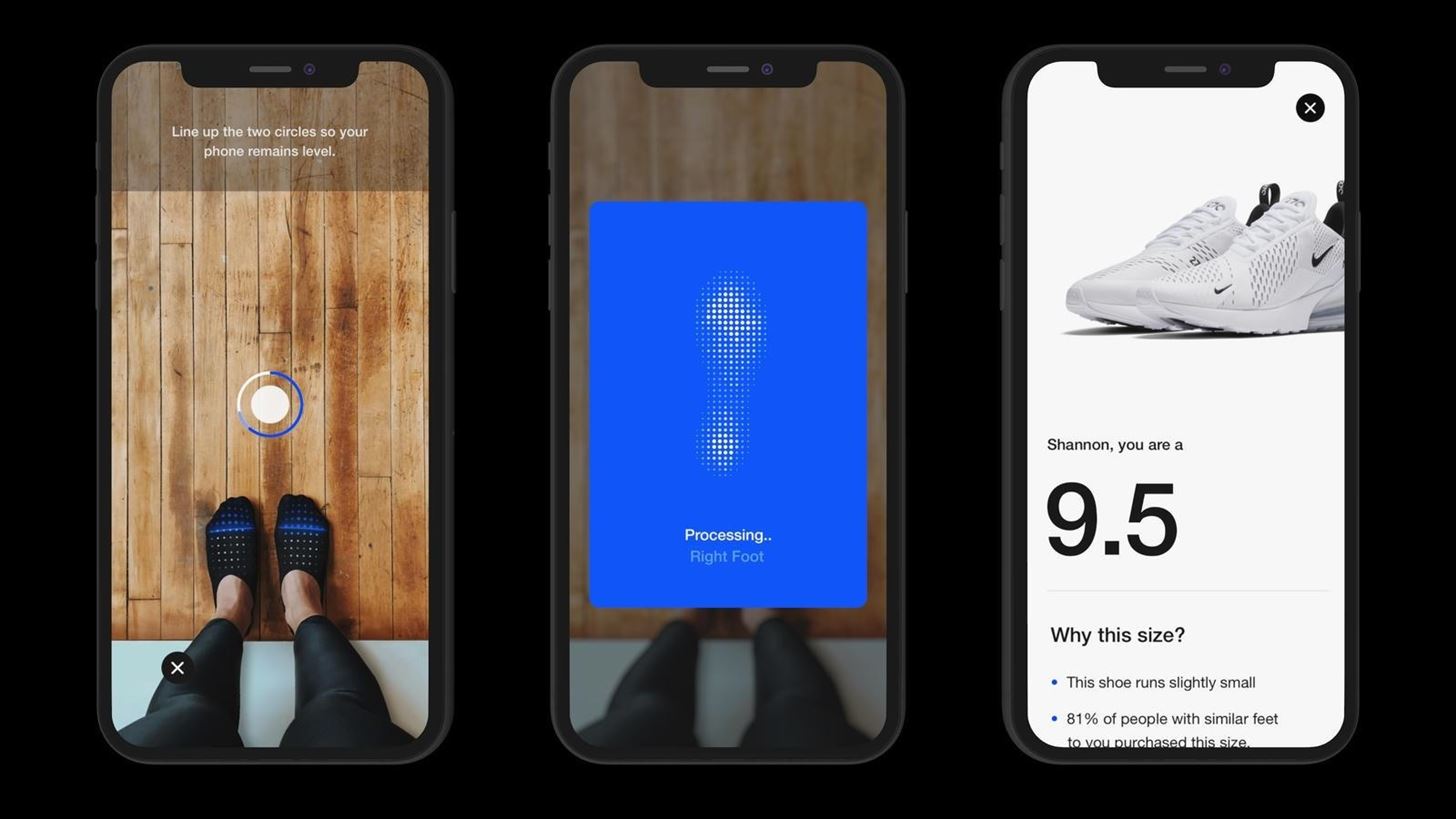
Nike Fit uses computer vision and machine learning to scan a customer's foot and measure its full shape. The app uses the smartphone's rear-facing camera to find 13 data points on the subject's foot and calculate an accurate fitting based on the customer's actual dimensions. The retail version of Nike Fit adds a mat to the experience for an even better fit and calls for the in-store sales associate to do the scanning.
With the foot size determined, the app automatically filters shoe sizes as customers browse Nike's catalog, applying a different shoe size for certain categories based on usage. For instance, running shoes call for a tighter fit than a casual sneaker.
According to CNBC, Nike Fit won't arrive in the app and stores until July in North America and August in Europe.
"Nike Fit is a transformative solution and an industry first — using a digital technology to solve for massive customer friction," the company stated in a blog post. "In the short term, Nike Fit will improve the way Nike designs, manufactures and sells shoes — product better tailored to match consumer needs. A more accurate fit can contribute to everything from less shipping and fewer returns to better performance. The ultimate goal is to, eventually, totally personalize product. No number, no gender, just your name and a custom-made pair of shoes."
As with just about every other consumer-facing industry, Nike and other sneaker makers, like Adidas and New Balance, have used augmented reality for marketing purposes.
The footwear industry has also adopted augmented reality for the customer experience, giving consumers 3D previews of products in their physical space and letting them see how shoes look on their feet. Puma has gone as far as to turn the products themselves into targets for visual effects.
And Nike's recent AR move isn't a new one. The company has been at the forefront of the AR revolution, publishing an AR app for selling limited-edition sneakers and partnering with Snapchat for in-store and special event marketing. The company even experimented with projection-based AR for in-store sneaker customization.
The company's latest innovation, though, hits a pain point that every shopper, particularly those who have tried to buy shoes online without trying them on first, has encountered. It's this kind of forward thinking approach that demonstrates the innovative and widely useful potential of augmented reality. Now that Nike is rolling this feature out widely, expect it to be copied by competitors, thus making it the sneaker industry standard in short order. Today is yet another major step toward AR going mainstream in ways many would least expect, but will absolutely welcome.
Just updated your iPhone? You'll find new features for Podcasts, News, Books, and TV, as well as important security improvements and fresh wallpapers. Find out what's new and changed on your iPhone with the iOS 17.5 update.
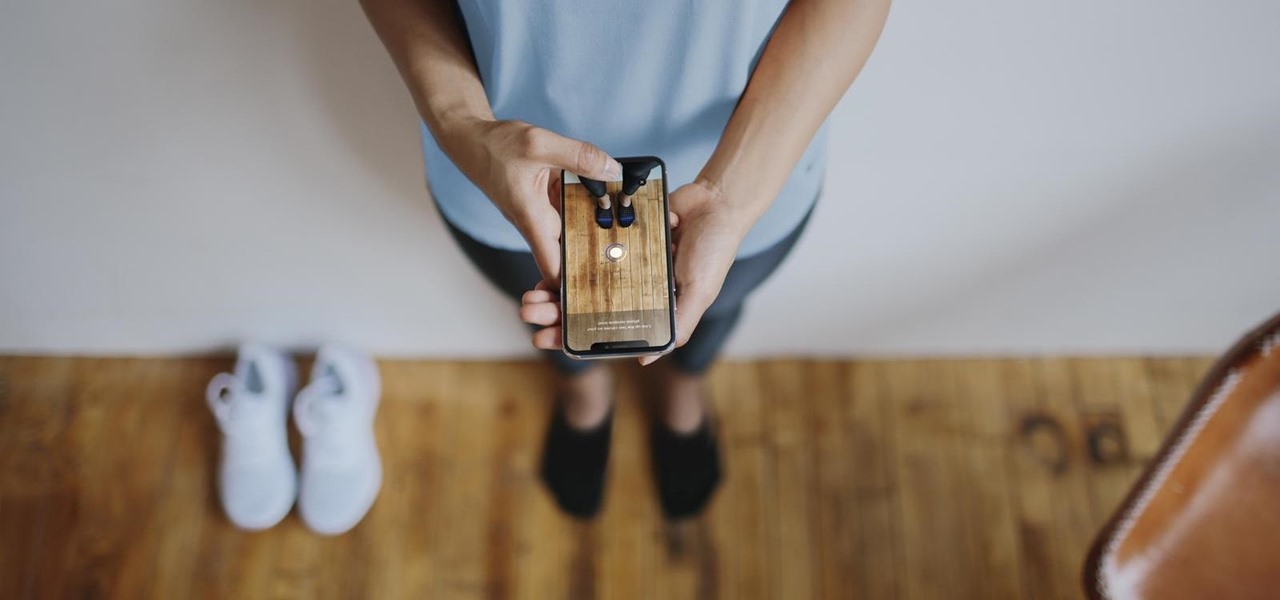



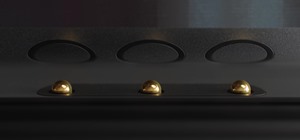






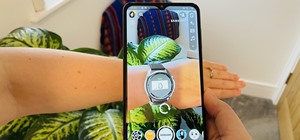

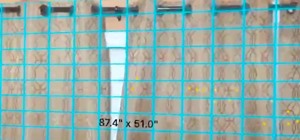


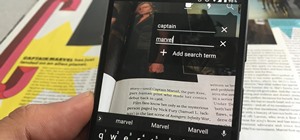


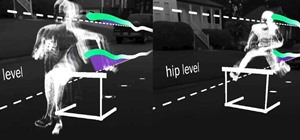

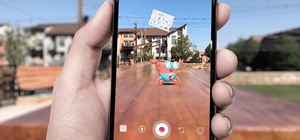

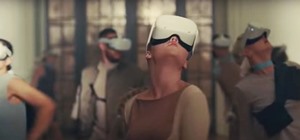

Be the First to Comment
Share Your Thoughts